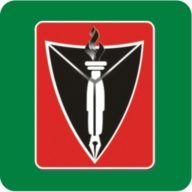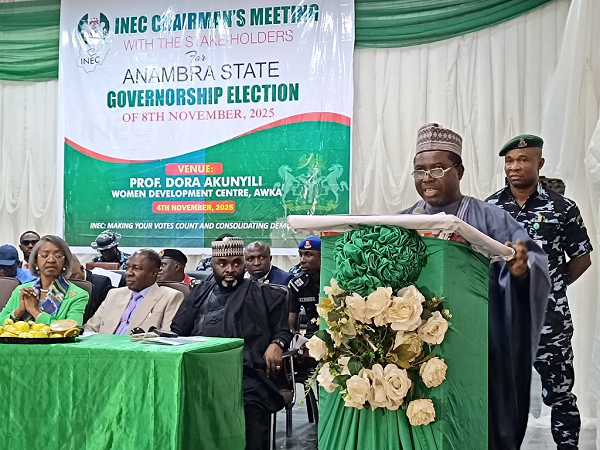Kaduna Commissioner for Information, Malam Ahmed Maiyaki, has clarified that the State Government offered bandits access to education, healthcare and livelihood opportunities rather than cash payment as part of efforts to end years of killings and kidnappings across the State.
Maiyaki made this known at a one-day workshop on Peace Journalism organised by the Correspondents’ Chapel of the Nigeria Union of Journalists (NUJ) Kaduna State in collaboration with the Global Peace Foundation Nigeria and the Ministry of Information, Kaduna State.
He said the initiative, tagged Kaduna Peace Model, was a deliberate shift from confrontation to conversation, focusing on restoring humanity through dialogue and development instead of financial appeasement. “You cannot bomb peace into existence; you must build it with trust,” he declared.
According to the Commissioner, the turning point came when leaders of the armed groups asked the government to reopen markets, schools, and healthcare centres that had been closed due to insecurity. “We agreed because these are basic human needs, not ransom payments,” he explained. “We didn’t give them a dime. What we gave was life back to communities long abandoned.”
Maiyaki noted between 2015 and 2023, Kaduna recorded 1,160 security incidents resulting in 4,876 deaths, with thousands kidnapped or displaced. By 2021 alone, 1,192 people were killed and 3,348 abducted, forcing the closure of 142 schools and 192 health facilities.
He said Kaduna, once declared a “red zone” by the international community, was gradually reclaiming its image through a non-kinetic approach anchored on intelligence sharing, dialogue, and socio-economic inclusion — in partnership with the Office of the National Security Adviser (ONSA).
Through the joint ONSA–Kaduna Peace Committee, he said, more than 500 captives were safely released via negotiations without any payment of ransom or resort to force. “We are seeing trust where there was fear, and cooperation where there was hostility,” he said.
Maiyaki cited examples of former bandit leaders such as Jan Bros and Yellow One Million, who act as community peace mediators, helping to maintain stability in previously volatile areas. “The peace model works because it is owned by the people. Communities co-create peace instead of having it dictated by government,” he stressed.
He added that over 500,000 hectares of farmland had been recovered with agricultural and commercial activities revived in Giwa, Birnin Gwari, and Kauru Local Government Areas. “Markets have reopened, and 20 to 30 cattle trucks now move weekly on roads once feared by travellers,” he said.
Maiyaki maintained that every reopened school, clinic, or market represented a “victory over fear,” proving that inclusion and dialogue could achieve what brute force could not. “Our people wanted dignity, not pity,” he said. “Once they saw sincerity, they embraced peace.”
He clarified that the process was not a one-off truce but an ongoing engagement involving district heads, clerics, and local leaders to prevent relapse into violence. “We are not declaring victory,” he quoted Governor Uba Sani as saying. “We are declaring commitment.”
Maiyaki concluded that the Kaduna Peace Model had become a living, evolving process rooted in trust and shared ownership. “Peace is cheaper, deeper, and more enduring when people have a stake in it,” he said. “The Kaduna experience proves that security without humanity is insecurity in disguise.”



